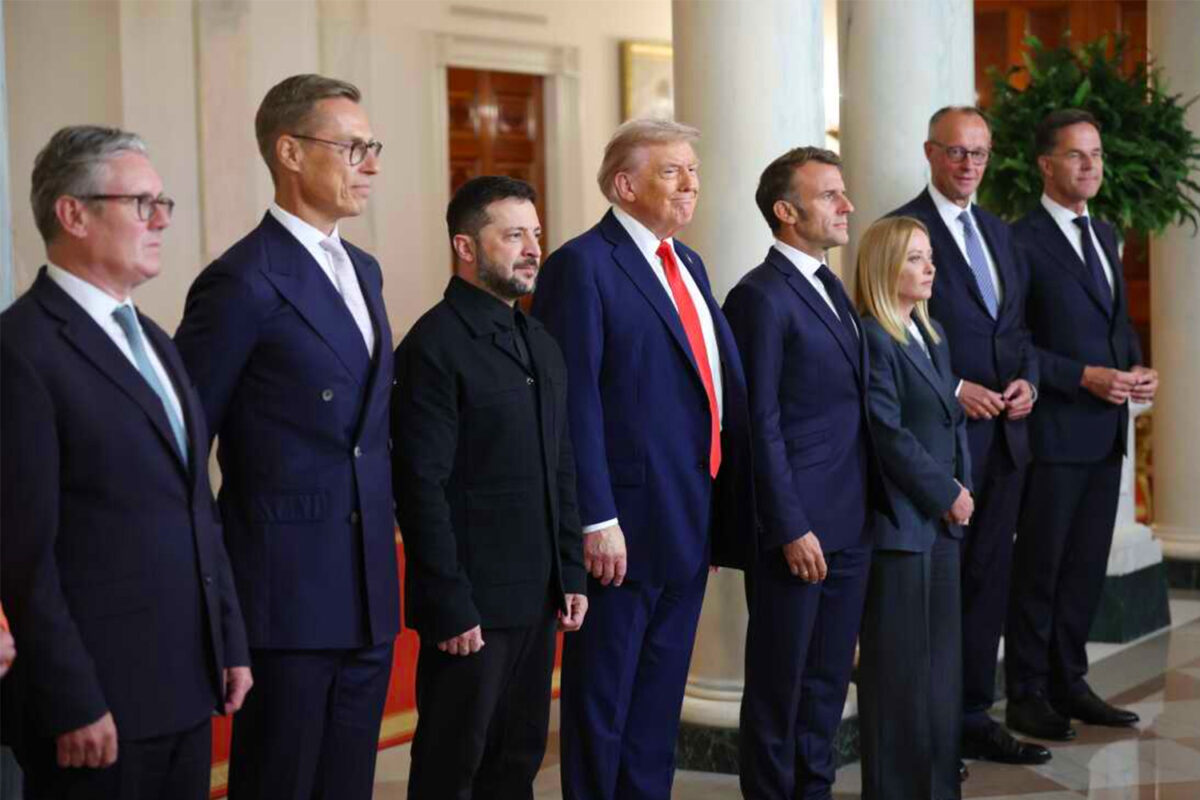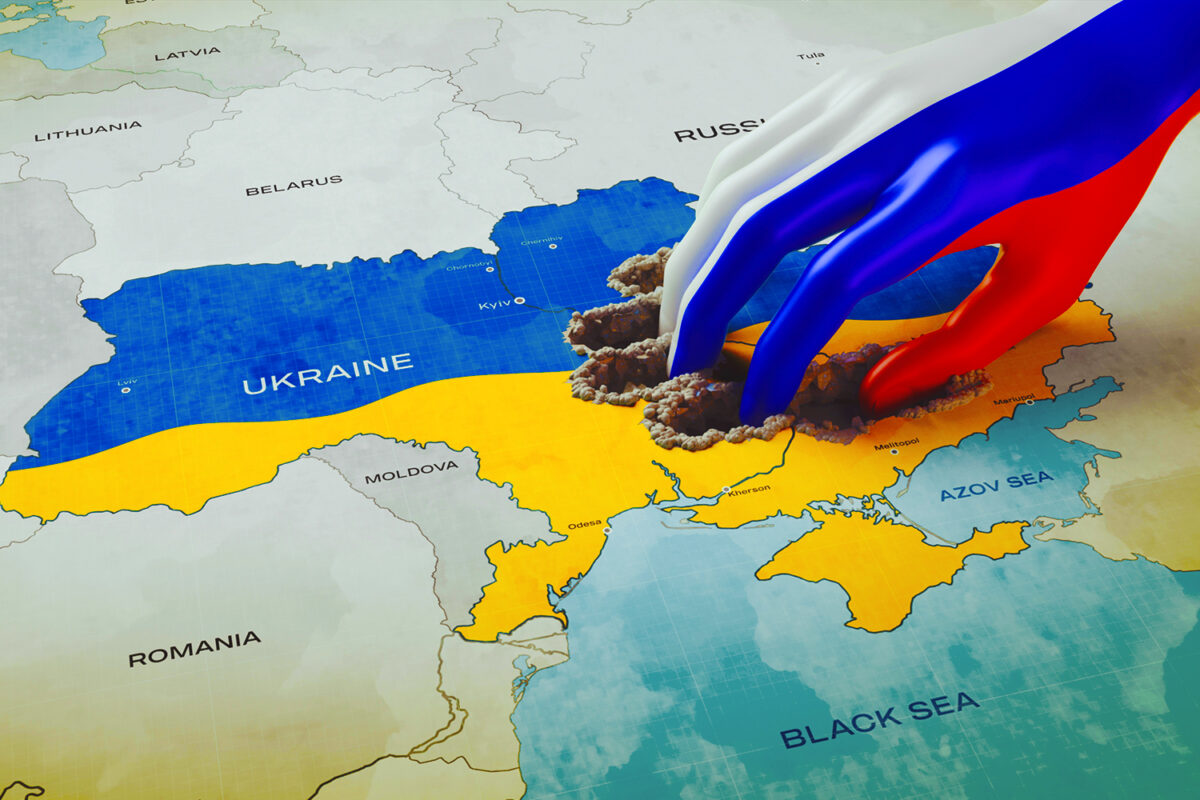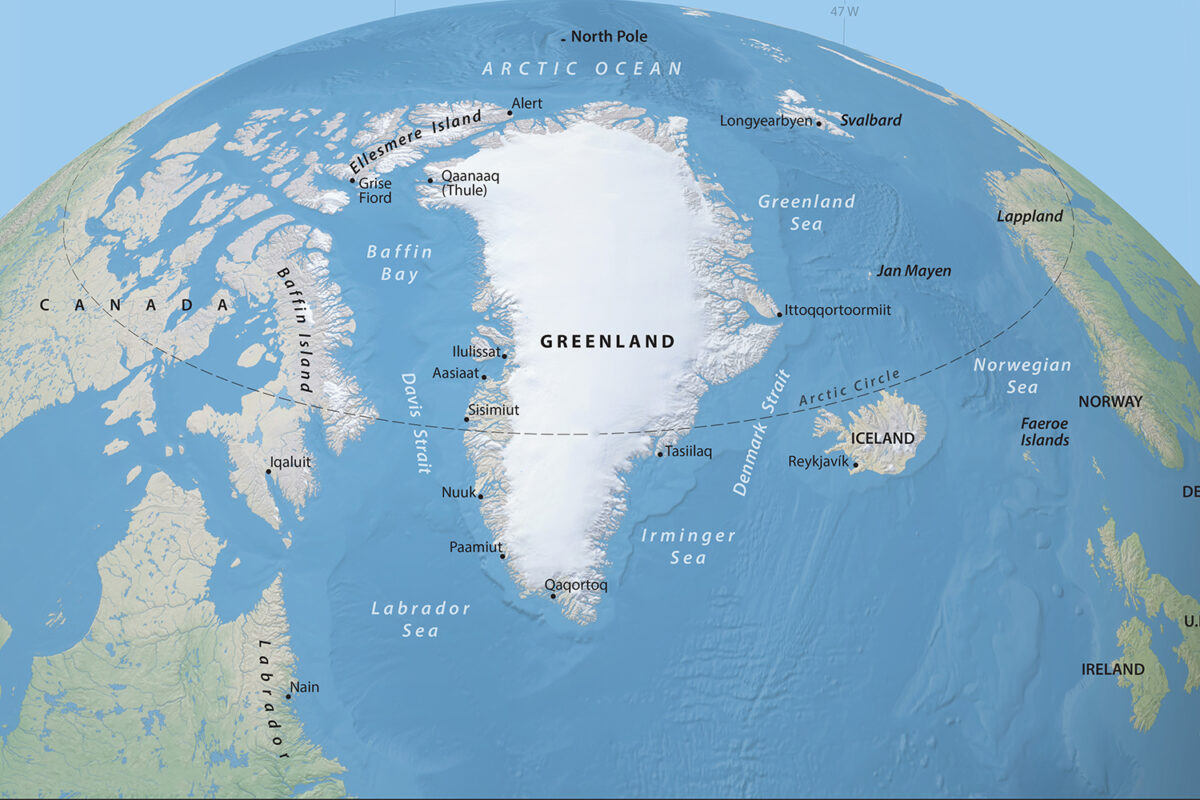On the 60th anniversary of a failed coup by French generals opposed to France granting independence to Algeria. 1,000 servicemen and 20 retired generals put their names to an open letter arguing for a military coup to stop a ‘civil war’ in France. The military officers warned French President Emmanuel Macron, his government, and MPs of “several deadly dangers” threatening France, including “Islamism” and the fact that the French republic was disintegrating. France has for long had a difficult relationship with Islam and its adherents, however it faces far deeper problems than its 6.5 million immigrants.
In 1789, France established a strong nation in the centre of Europe through the French Revolution. The French executed their King and became the first people to embrace individual freedom and secularism in Europe as values to build their socio-political system upon. The French were leading change in Europe and pioneering new systems; this is why many thinkers and philosophers of the era were French e.g such as Voltaire. The French have ever since taken great pride in this era of history citing it as a core part of the French identity.
Soon after, they turned their attention to Europe and beyond. France’s military hard power conquered with brutal efficiency, whilst spreading its soft power via its secular liberal culture. Napoleon swept across Europe through conquest, forging alliances and through rewarding supporters, he even attempted to conquer Russia, which he achieved, but at the cost of his army. France, much like Britain established numerous colonies and laid claim to a number of North American territories; the West Indies, the Caribbean and much of West Africa. Whenever France established a colony it would impose its culture – the French language, European secularism, individualism and the French lifestyle upon the people. This was a major departure from the other Europeans colonialists, who conquered for the sake of resources and wealth alone. The French also did this, but saw the creation of a Francophone Empire as their enlightenment mission. The French colonial policy was ‘we want to see you become French.’ French secular liberalism became its soft power that all too often complemented the empire’s hard expansion.
The French colonial policy was ‘we want to see you become French.’ French secular liberalism became its soft power that all too often complemented the empire’s hard expansion
The most important colony for France was the North African Territory of Algeria. The French conquered Algeria in 1830 and immediately set about dominating the land. Their main strategy was to make it part of France so it would be ruled as one nation. They attempted to do this by sending hundreds of thousands of Europeans known as pied-noirs to Algeria as settlers. But France struggled to control and maintain Algeria. Within the first three decades (1830-1860) of the conquest, up to 1 million Algerians, out of a total population of 3 million, were killed by the French due to war, massacres, disease and famine. The Muslims of Algeria resisted the French occupiers and settlers and in 1903 the colonial forces used chemical weapons, mass executions of prisoners and civilians, concentration camps and other atrocities in order to put down the uprising. The whole French occupation of Algeria consumed significant resources and there was one single cause for this, which Charles-André Julien outlined in Foreign Affairs in 1940: “The capture of Algiers in 1830 marked a significant departure in the expansionist policy of France, for North Africa was quite unlike older French colonial possessions in the Caribbean Sea and the Indian Ocean. The French soon discovered that North Africa did not produce tropical goods and that the native population could neither be destroyed to make way for European colonists nor enslaved to work for them. They also found that Islam provided the natives with a religious and a cultural ideal which they would stubbornly defend. France had not been fitted by experience to understand and govern an Islamic people”[1]
By the middle of the 20th century the global balance of power was changing. Whilst France and Britain were the dominant powers, WW2 changed everything. The Nazis humiliated the French republic by conquering her in a mere 44 days. As far as Hitler was concerned, the French colonies were now German colonies and the Vichy regime was set up to manage the possessions. Whilst the Nazis ultimately were defeated, when the war ended in 1945 France was devastated and bankrupt. The new powers – the US and Soviet Union, believed the era of European colonialism was over and both France and Britain needed to give independence to their colonies. For France, who was devastated after WW2 it needed to maintain its colonies as it needed the wealth and resources to kick start her economy and it now desperately needed workers to come to France in order to rebuild the nation.
France struggled to control and maintain Algeria. Within the first three decades (1830-1860) of the conquest, up to 1 million Algerians, out of a total population of 3 million, were killed by the French due to war, massacres, disease and famine
France has had a hard time in the post-WW2 world attempting to regain her former position in the world arena. As the 20th century wore on, France’s place and influence on the world has only declined. Following independence, a number of its former colonies drifted closer to the USA. As far as the French were concerned they were on an enlightenment mission and the more colonies she possessed her enlightenment mission was progressing. The decline of French influence across the world is something the French people have struggled to come to terms with. What did not help was the claim successive French leaders propagated: that France was a power that could stand on its own in the world. Until 2007 all of France’s post WW2 Presidents experienced the devastation of WW2 and saw France as a power that needed to stand tall in the world. France’s first President who did not experience WW2 was Nicholas Sarkozy in 2007 who concluded that France neither had the military nor economic capability to stand alone in the world, and decided standing with the US as its key ally in Europe was the best way to keep France relevant on the world stage.
France’s dwindling influence in the world has had an adverse effect on French society. Successive surveys of the French people continue to reveal a population frustrated with the new status quo. At the turn of the century, Time magazine declared French culture was ‘dying’.[2] France, once famous for its joie de vivre (joy of living), is suffering from existential gloom; Claudia Senik, a professor at the famous Sorbonne University concluded the French were now culturally miserable. Her studies of the French malaise, she believes dates back to the 1970s: “It’s linked to the way the French view the world and their place in it. They have high expectations about the quality of life, freedoms and many values driven by the French Revolution and this sets a high benchmark for satisfaction,” Senik says. “They look back at a golden age when France made the rules of the game, and now we are just another smallish country forced to accept and adapt to rules.”[3]
Whilst the French believe they have superior values, these values are failing to solve the myriad of problems the country is facing. On the economic front the French Social Democratic model, where the government plays a large role in the economy, hides the country’s huge inequality. The richest 10% of the country own 55% of the nation’s wealth and income inequality is far worse. The French social security system had for long been the solution to this, but it is now the cause of a national debt exceeding the nation’s GDP. Individualism in France has for long been promoted as a French value but it has resulted in France having Europe’s highest rate of use of mood-altering drugs, and one of the highest rates of suicide. France is now regularly found in the top ranks of European consumers of tranquilizers and alcohol. The French have been found in polls to be one of the most unhappy people in the world.[4] Liberty, equality and fraternity may be the French motto but they have done little to deal with inequality, divisions and abuse of power in France.
the French were now culturally miserable. It’s linked to the way the French view the world and their place in it. They have high expectations about the quality of life, freedoms and many values driven by the French Revolution and this sets a high benchmark for satisfaction. They look back at a golden age when France made the rules of the game, and now we are just another smallish country forced to accept and adapt to rules
When President Jacque Chirac set up the Stasi commission in 2003 to look at the state of secularism in France, the commission blamed religious symbols, especially the Muslim Hijab as the threat to the French republic. A piece of cloth worn by an extremely small segment of the country became the central threat to secularism! Banning the Hijab in education, and the Muslim veil in public was seen as reversing the decline of Secularism in France. The Muslim veil is still illegal in public, despite face masks being mandatory! Immigration is being blamed as the cause of the problems France is facing, but despite France having the largest percentage of immigrants as a percentage of population in Europe, there are just 6.5 million immigrants in France out of a total population of 67 million. The French view all immigration through the lens of French values. As discontent in the state of the country has increased, so too has the aggressive stance towards those new arrivals who fail to live by the French ideals.
France regularly tops surveys on the level of misery and the lack of hope in the future. The Yellow vest protests that brought France to a stand still prove it is not its Muslim minority who are the cause of the country’s problems but the failure of the system and politicians, something the French generals failed to appreciate. Freedom has become synonymous with social problems such as family breakdowns, depression and loneliness. Secularism separated church and state but money and politics has poisoned the political systems across the West – systems that have failed to deliver for the people. French politicians constantly deflect discussions around this by blaming immigrants and Muslims and that’s why today the muscular, state-imposed liberalism resembles a rigid new age conservatism confronting its 6.5 million minority immigrants – immigrants who came to France seeking a better life, but arrived at a time when the French people themselves were losing hope in their values, state and nation.
[1] Charles-André Julien, France and Islam, Foreign Affairs, July 1940, https://www.foreignaffairs.com/articles/algeria/1940-07-01/france-and-islam
[2] See, https://www.laurelzuckerman.com/2011/12/can-french-culture-survive-interview-with-don-morrison.html
[3] The French Unhappiness Puzzle: the Cultural Dimension of Happiness, Claudia Senik, Paris School of Economics and University Paris-Sorbonne, October 3, 2011http://www.cepremap.fr/depot/docweb/docweb1113.pdf
[4] Poll: The French are the World’s Most Pessimistic People, Time, 4 January 2011, https://newsfeed.time.com/2011/01/04/poll-the-french-are-the-worlds-most-pessimistic-people/




